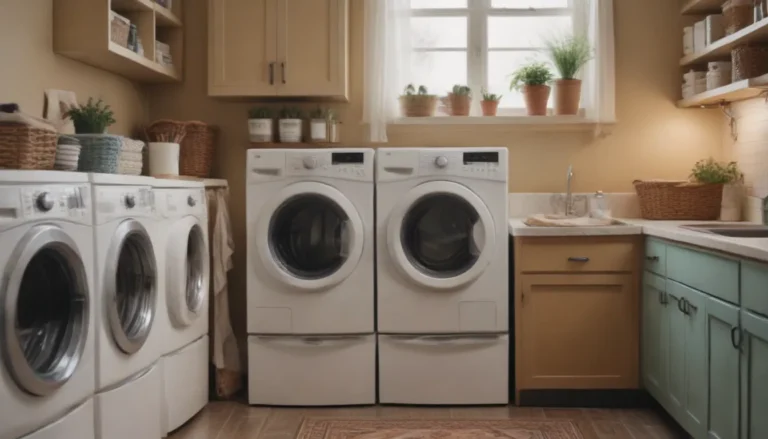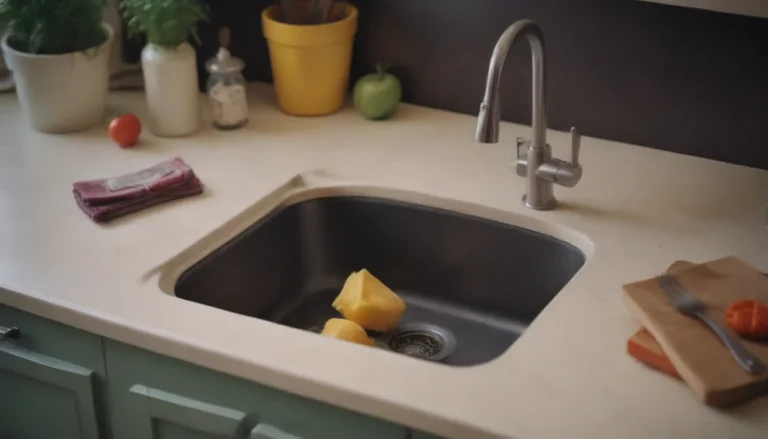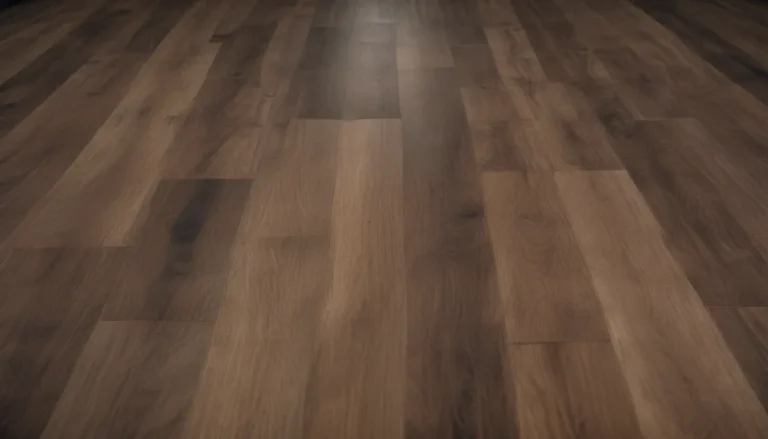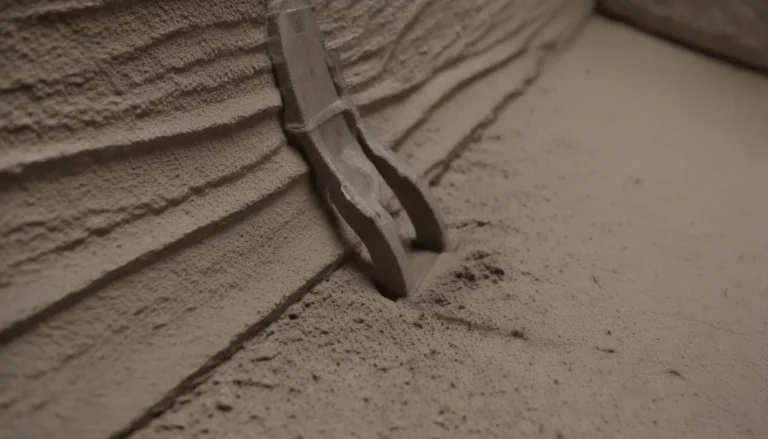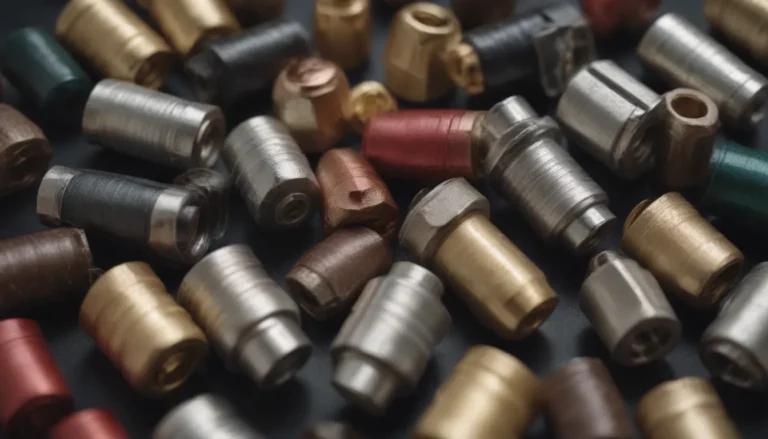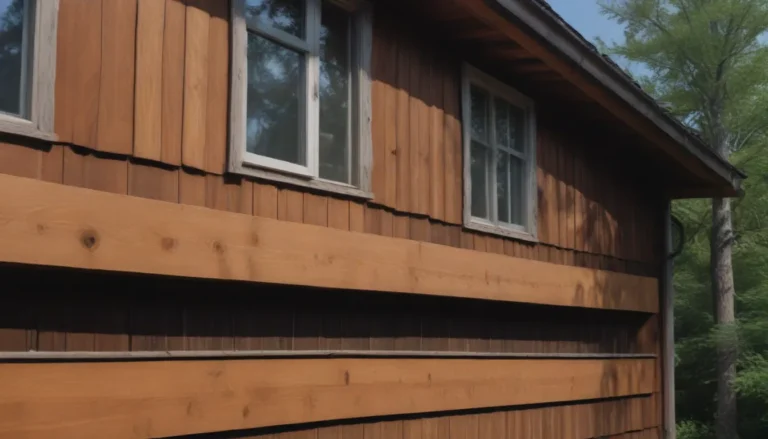The Comprehensive Guide to Sintered Stone Countertops
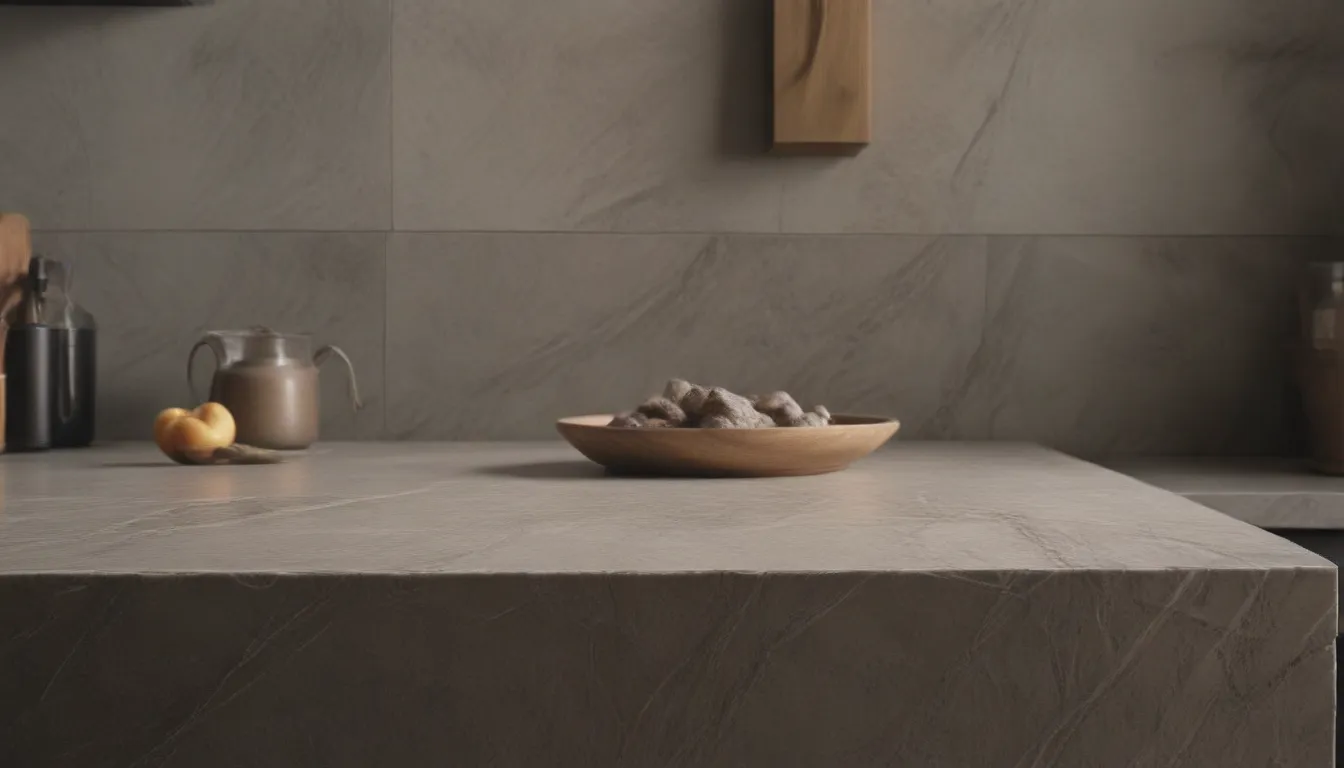
Are you considering a kitchen or bathroom countertop upgrade but feeling overwhelmed by the choices available? Sintered stone might be the perfect option for you. In this in-depth guide, we will explore everything you need to know about sintered stone countertops, from their features to their durability and cost. Let’s dive right in and discover if a sintered stone countertop is the right fit for your home.
What Is Sintered Stone?
Sintered stone is a synthetic surfacing material that is entirely made of minerals and formed by heat. This unique material eliminates water absorption and heat sensitivity, making it a durable and versatile option for countertops. Unlike engineered stone or quartz, which use resins as binders, sintered stone contains no binders. Instead, the materials are heated to extremely high temperatures and pressed until the minerals fuse, creating a cohesive mass without the need for additional binders. The result is a material that feels like real stone but offers the benefits of modern technology.
How Sintered Stone Counters Are Made
Sintered stone countertops are primarily manufactured in Italy, Spain, and China. The process begins with recycled materials such as quartz, porcelain, and glass, along with raw minerals like zircon, hematite, and albite. These materials are ground into a fine powder and then fired at temperatures exceeding 1,000°C until they sinter and form a cohesive mass. The sintered materials are then formed into sheets under high pressure, creating durable and versatile countertops for a variety of applications.
Sintered Stone Countertop Features
- Durable and heat-resistant
- Scratch-resistant and stain-resistant
- UV-resistant and fade-proof
- Can be used for flooring, wall cladding, and exterior facades
What Sintered Stone Is Used For
Sintered stone is primarily used for kitchen and bathroom countertops. However, its versatility extends to other surfaces that require durable, large-format materials, such as flooring, wall cladding, and exterior facades. With its heat resistance and durability, sintered stone is an excellent choice for high-traffic areas in the home.
Cost of Sintered Stone Countertops
Sintered stone countertops typically cost between $65 to $150 per square foot. While this may seem like a higher price point compared to other materials like quartz, the durability and longevity of sintered stone make it a worthwhile investment. It’s essential to consider the long-term benefits of sintered stone when comparing costs with other countertop materials.
Sintered Stone Durability
One of the key benefits of sintered stone countertops is their durability. These countertops can withstand hot pans, cutting, scratching, and staining with little to no effect. They are also UV-resistant and will not fade over time. However, it’s important to note that sintered stone is not completely indestructible. While it can withstand most impacts, it may crack or chip if struck by a hard object.
Tip: Tests have shown that dropping a 1.1-pound metal weight from a certain height can crack or chip sintered stone, so it’s important to handle the material with care.
Sintered Stone vs. Other Countertop Materials
When comparing sintered stone to other countertop materials like quartz and natural stone, there are some key differences to consider.
Sintered Stone vs. Quartz Countertops
Similar:
– Durable and scratch-resistant
– Heat-resistant
Different:
– Quartz contains resin, which can impact heat resistance
Sintered Stone vs. Natural Stone Countertops
Similar:
– Natural appearance
– Durable and versatile
Different:
– Sintered stone is a synthetic material, while natural stone is mined
Sintered Stone Countertop Pros and Cons
Pros:
– 100% natural
– Scratch-resistant
– Heatproof
– Recyclable
– UV-resistant
Cons:
– Expensive
– May crack or chip
– Limited availability of qualified fabricators and manufacturers
Major Sintered Stone Countertop Brands
- Low-Temperature Sintering Process. Invent Penn State
- What Is Sintered Stone and How Does It Compare to Other Countertops? Angi
- How Much Do Quartz Countertops Cost? HomeAdvisor
- Dekton Countertop Cracks in Consumer Reports’ Tests. Consumer Reports
- How Temperature Resistant Is Quartz Countertop? Caesarstone
In conclusion, sintered stone countertops offer a unique blend of durability, versatility, and aesthetics that make them an excellent choice for modern homes. By understanding the features, benefits, and potential drawbacks of sintered stone, you can make an informed decision when selecting a countertop material for your kitchen or bathroom. Whether you prioritize heat resistance, durability, or a natural appearance, sintered stone provides a compelling option that combines the best of both natural and synthetic materials.
